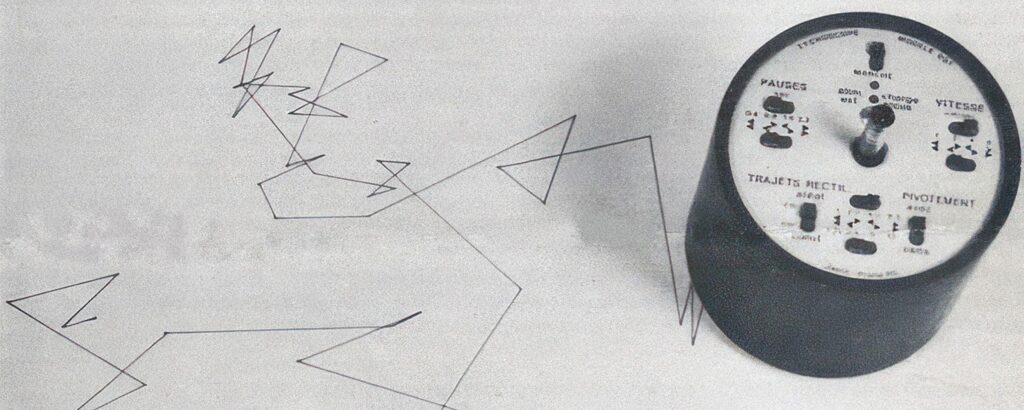THE PROJECT
Our project investigates the tensions between Nordic openness and security that characterize surveillance practices at the Nordic borders, with a particular focus on new forms and tools of digital surveillance. The project studies both the legal, public and institutional discourse on new digital surveillance practices, enabled by advanced technologies, like automated border control gates, biometric scanning, facial recognition, automated plate number recognition, and the practices and organization of surveillance work – through both analogue and digital technologies – at the borders. With an interdisciplinary approach, we unpack how institutions, technological affordances and regulations shape and interplay in surveillance practices at different border sites. The project involves a group of researchers from Sweden, Norway and Denmark with backgrounds in design studies, organization studies, information systems, anthropology, sociology, law and science and technology studies.
NEWS
- Public interdisciplinary seminar: Borders, (im)mobilities and databases. October 23rd, 13.00-16.00 IT University of Copenhagen.We are excited to invite you to an interdisciplinary seminar that brings together critical academic scholarship and artistic practices to interrogate the complex reality of the contemporary European border control regime, and its technologies. Combining scientific and artistic regimes of engagement, the seminar explores how imaginaries of the present and future of digital borders, with …
- Art-immersed explorations of borders, surveillance and AIDiNoBord goes public and art. In May, 6-19, we have the honor and the pleasure of exploring questions of borders, surveillance and AI at Röhsska Museum of Design in their new room Super Ö. The room is set ut to open up for interdisciplinary explorations of relevant societal questions with artistic practices and objects playing …
Read more “Art-immersed explorations of borders, surveillance and AI”
- Publication: Report on Norwegian-Swedish borderAfter consistent fieldwork at the Norwegian-Swedish border, Bengt Andersen has summarized his analysis in an extensive report, entitled “Nordisk integrasjon: Grensekryssende kriminalitet vevd sammen med gatekriminalitet” (Nordic Integration: Interweaving border criminality with street criminality”. The report, which is publicly available here, focuses on the publicly debated issue of border-crossing criminality and combines the analysis of …
WE ARE A MULTI-DISCIPLINARY RESEARCH GROUP LOCATED IN SCANDINAVIA
A collaboration between 12 researchers located in Denmark, Norway, and Sweden with backgrounds in 7 different disciplines trying to tackle the multifaceted phenomena of surveillance practices and the contention of openness and security at the scandinavian border.
A part of the future challenges in the nordics programme
The research programme funds humanities and social science research in areas that pose major challenges, both socially and culturally, for people in the Nordics in the 21st century. These challenges are often global in nature and can lead to different transnational, national and local solutions. There’s a great deal of current research about societal challenges on a more generic level, but the aim of this programme is to stimulate research into how these challenges can be understood and handled in the Nordics – societies that fundamentally have a lot in common but also clear differences



